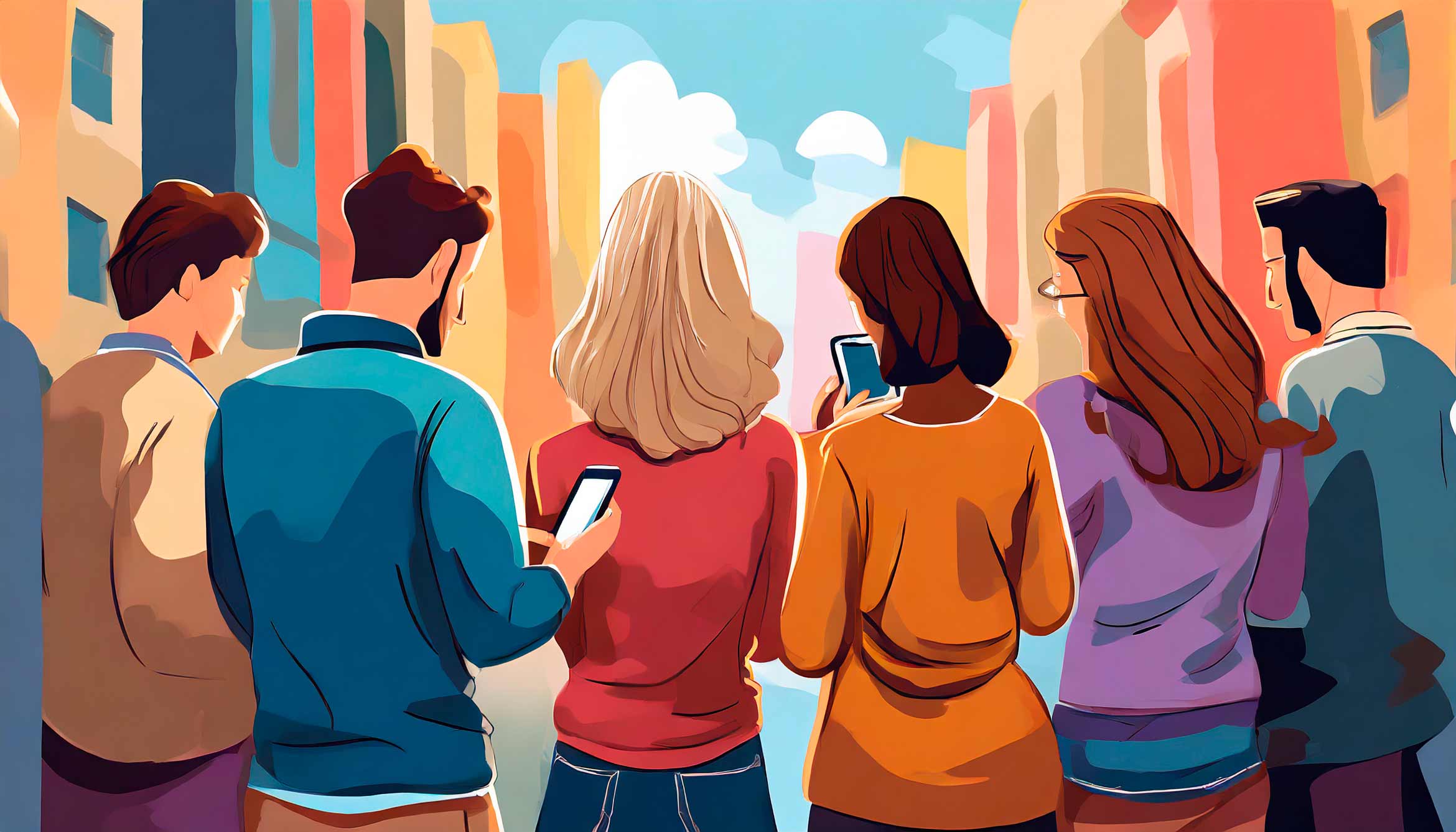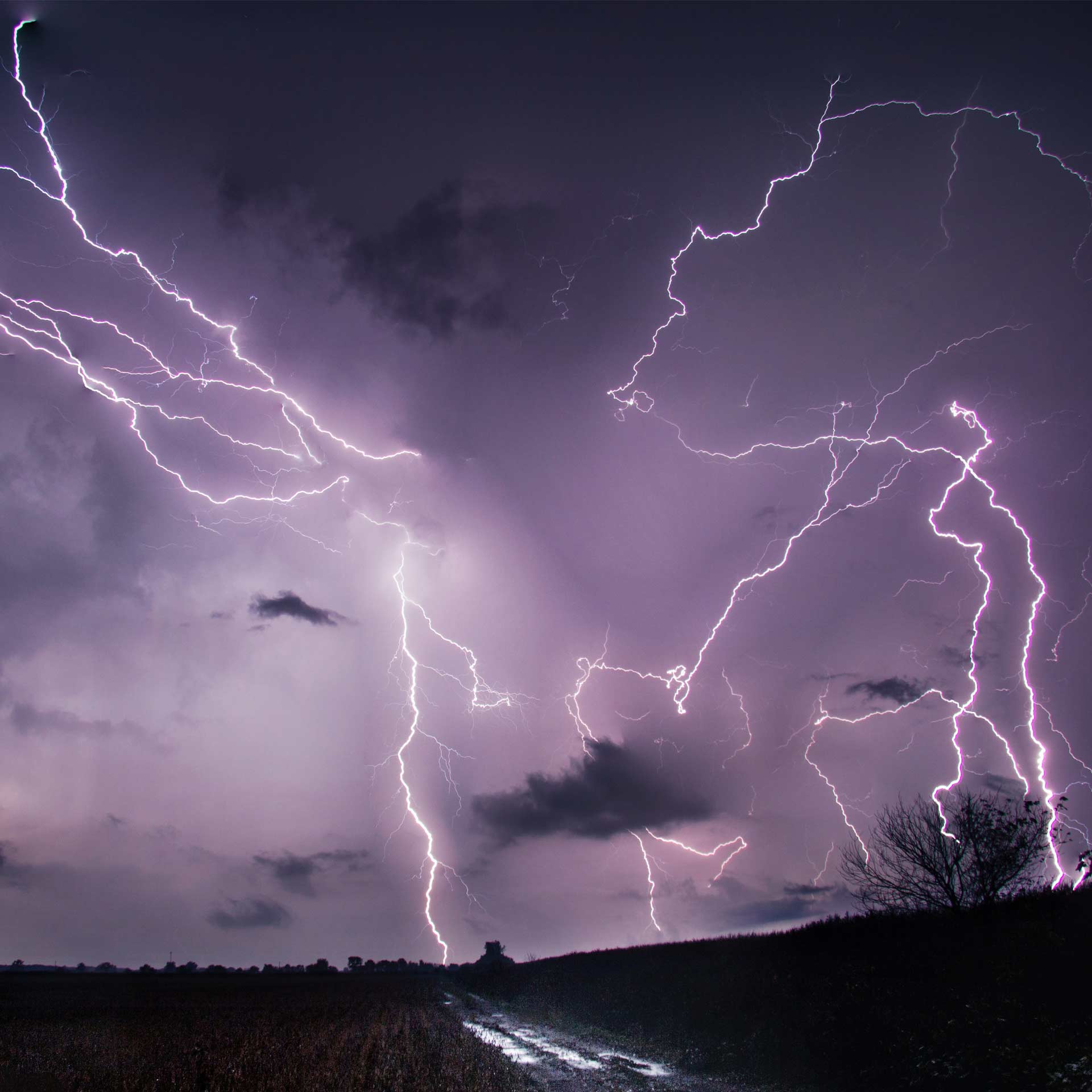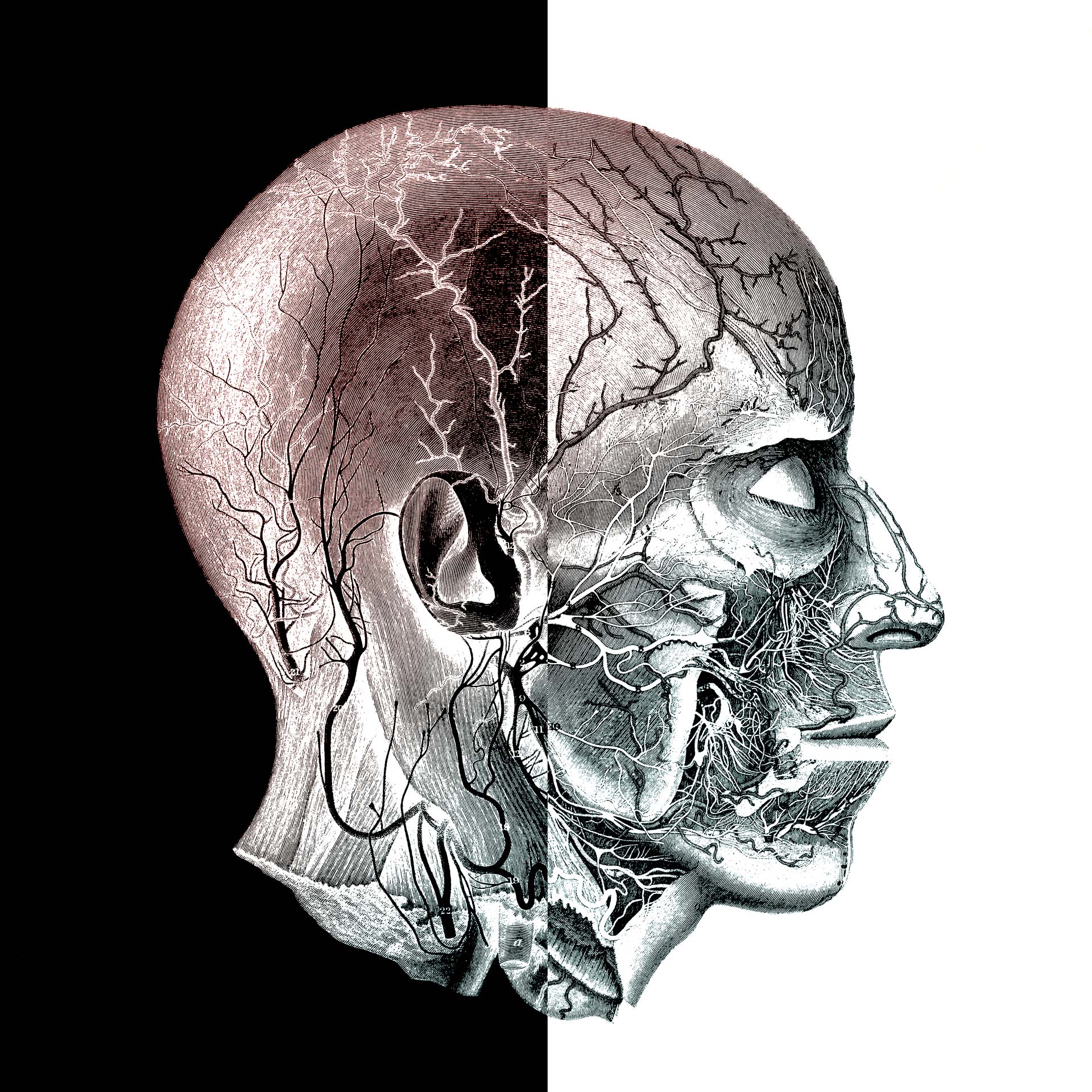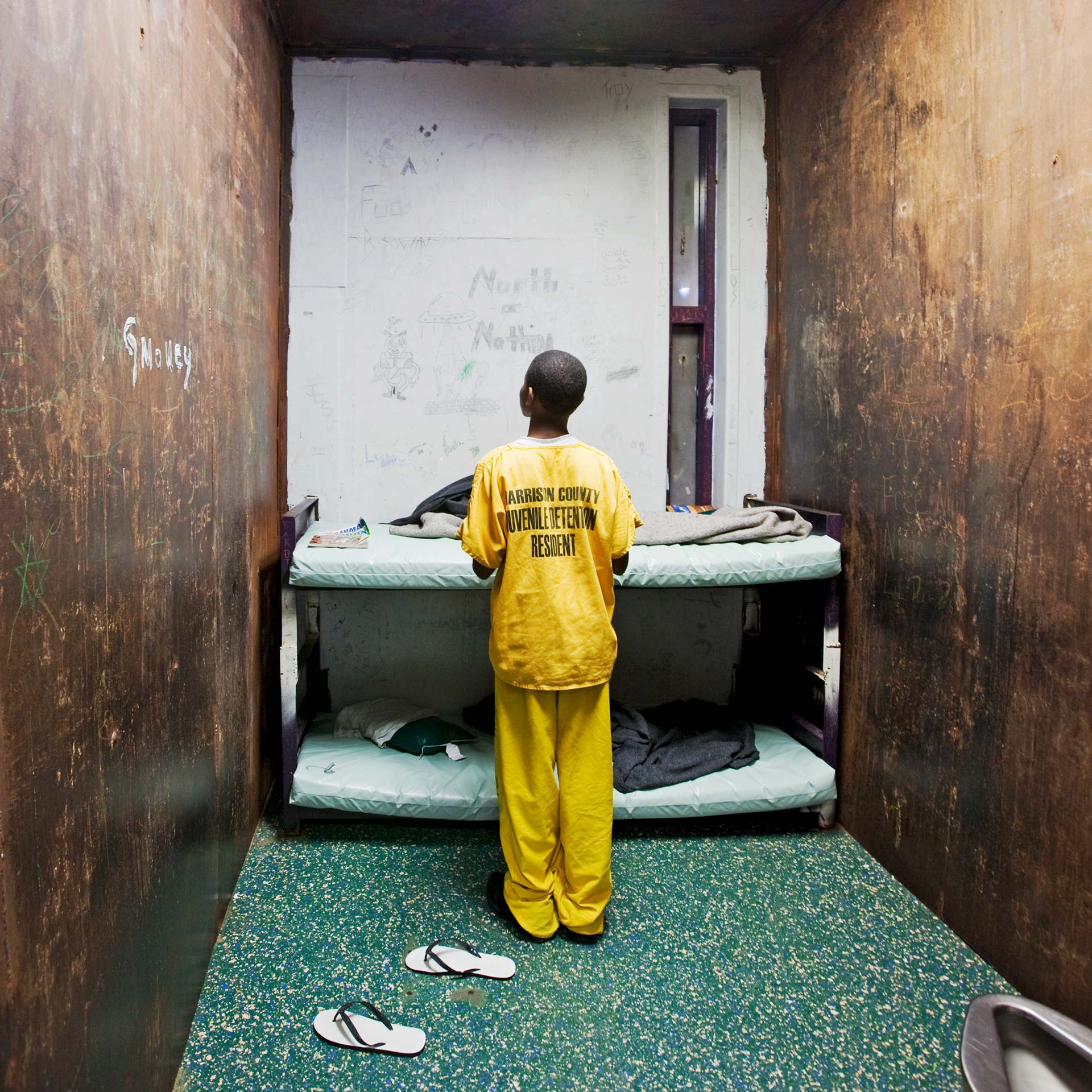Who are the authoritarians among us? How many are there? Researchers have found both questions difficult to definitively answer. A 2021 George Washington University survey found nearly half of Republican voters (47%) believe that “a time will come when patriotic Americans have to take the law into their own hands.” Several studies the following year, including polls by Reuters/Ipsos and the Public Religion Research Institute, found that 17% to 19% of Americans said political violence was sometimes justified.
Some of that, however, is clearly bluster. A 2022 study published in the Proceedings of the National Academy of Sciences reported that when people were presented with a specific example of political violence, 89% to 100% agreed that the perpetrators should be charged with a crime. Making the abstract concrete tends to produce more sober thinking. Nevertheless, if even one-tenth of Americans endorse political violence, that is more than enough to destabilize our society. So a different question becomes urgent: How do such beliefs develop?
We know that authoritarian parents tend to produce authoritarian children, but it’s not clear how much of this transmission is genetic, and how much is the product of an authoritarian parenting style. The nature vs. nurture debate aside, psychologists see hostility to democracy as the product of two distinct psychological processes, which often work in tandem. One, labeled right-wing authoritarianism (RWA), is marked by “a desire for conformity over personal autonomy,” as Australian researchers put it in a 2023 review article in the journal Nature Reviews Psychology. People with this belief system contend that strictly following social norms is essential for societal stability, and any attempts to defy them — letting gay people marry, for example — need to be crushed.
The other, known as social dominance orientation (SDO), stems from the belief that it is a dog-eat-dog world where only the strong survive. This creates an ongoing desire to assert one’s power — or the power of the group you identify with. Donald Trump is clearly steeped in SDO, “but he is very aware his key audience is authoritarian,” says Philip Dunwoody, professor of psychology at Juniata College and a prominent researcher on this topic. “His messaging is more in that vein.”
This two-pronged model clarifies an issue that has puzzled political commentators for nearly a decade: Is support for Trump, who regularly espouses authoritarian ideas, driven by economic distress or fears about our rapidly changing culture?
The answer appears to be both. Society’s increasing diversity is in opposition to the authoritarian need for conformity. Simultaneously, there is a widespread belief that people are falling behind economically. “Americans are seeing a real decline in their ability to make ends meet,” Dunwoody says. “It’s very easy in a society with so much polarization of wealth to create a mass of people who are frustrated and angry — and then to direct that anger somewhere. That is what Donald Trump has been a master at doing.
“In 2016, a lot of people here in central Pennsylvania told me they were voting either for Trump or Bernie Sanders,” Dunwoody says. “At that point, there was a core overlap between those two candidates’ messages: ‘The system is rigged. I will fight for you.’”
Mention of Sanders, the progressive Vermont senator, brings up another important question. Psychology research finds more or less equal levels of authoritarianism on both ends of the political spectrum. Argentina is ruled by a left-wing authoritarian government. So why has this manifested on the right rather than the left in the U.S.?
“Jason Stanley, who wrote the book ‘How Fascism Works,’ makes the point that populist movements have to be rooted in the traditional beliefs of that culture,” Dunwoody says. “America is a very individualistic culture: Think of our mythology of the cowboy. In places with a more collectivist culture, such as Eastern Europe, you will see left-wing extremist political movements. In Western Europe, as in the U.S., you see more right-wing extremism.”
But the left is not blameless in our drift away from democratic values, according to Robert Samuels, a continuing lecturer in the writing program at UC Santa Barbara and the author of several books on politics and psychology. Like his colleagues, he argues that the lack of trust in traditional institutions is a major reason more people are willing to consider extreme measures — and he notes that this trust is being eroded from both ends of the political spectrum.
Among conservatives, “what began as a tax revolt has become a generalized attack on government,” which has subsequently spread to academia, journalism and science. But rather than defending these crucial institutions, he argues, many progressives “now also take an anti-government, anti- democracy perspective by saying they are inherently racist” and/or corrupt beyond saving.
“Belief in the justice system and science can defend us against the right, but they’re being undermined by the left,” he says. “It’s that combination that’s very scary.”
Sorting people into “my group” and “untrustworthy outsiders” is a basic facet of human psychology. But the researchers interviewed note that this tendency has taken an ominous turn in recent decades. Americans with similar political ideologies are, more than ever, living in the same neighborhoods, watching the same movies and television shows, even shopping at the same stores. People with different political ideas have come to seem increasingly foreign, which makes the idea of turning power over to them frightening.
“In the 1950s, what church you worshipped at didn’t tell people a lot about how you were going to vote,” Bimber says. “But in recent decades, a lot of identities have gotten lined up.” That, he adds, is “a recipe for people coming to dislike each other.”
This helps explain a strange, sad statistic. Research finds American liberals and conservatives have grown slightly farther apart in terms of their views on issues over recent decades. But there has been a dramatic deterioration in how we feel about members of the other party. We generally don’t like them, and tend to assume their views are more extreme than they actually are.
Media and political elites, particularly on the right, have accelerated this process. Fox News gives its viewers a constant drumbeat of stories purportedly proving how decadent and unworthy liberals are. (Unfortunately, this has proved to be a very successful business model.) Politicians looking to push people’s buttons reinforce this scary message.
“Beginning in the 1990s with (Republican Speaker of the House) Newt Gingrich, candidates have explicitly adopted delegitimizing language — ‘My opponent is a traitor,’ ‘My opponent is a threat,’ as opposed to, ‘I’ve got better ideas’ or, ‘I’m a better leader,’” Bimber says. “People running for office have been telling the public that the other side doesn’t even belong at the table. They’re not ‘real Americans.’ So how can we accept losing to them? That’s really corrosive.”
So what, if anything, can be done to shore up democracy? In the long run, better civic education is a must. “Our education system has failed to produce a citizenry that understands their rights, understands the Constitution, understands how government works,” laments Dunwoody. “Polling finds that 47% of Americans — almost half — cannot name the three branches of government; 25% cannot name a single branch! You cannot expect a citizenry to defend democracy when they don’t understand its basic structure. They don’t know what’s being threatened.”
Christopher Federico, a political scientist at the University of Minnesota, argues that we can also make changes to our electoral system to give more people a voice, such as proportional representation and multi-member Congressional districts. However, such fixes will require people in power to voluntarily dilute that power, which makes their passage unlikely.
“I’m not terribly optimistic or happy about the state of democracy in the United States, but I’m also not hopeless,” Federico concludes. “It’s a slow, slow process, but if one party gets too extreme, it pays the price.”
“The old Marxist idea that the workers will ultimately rise up against the oppressing class does happen,” adds Bimber. “But it’s also the case that the privileged class doesn’t like it when it feels less privileged.”



